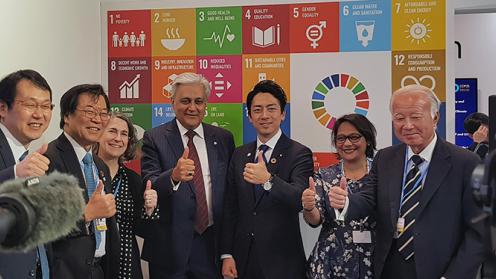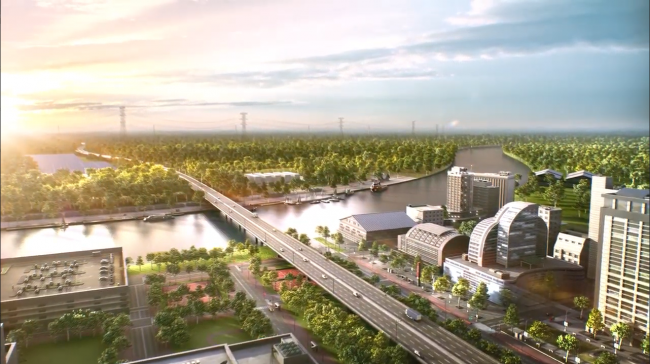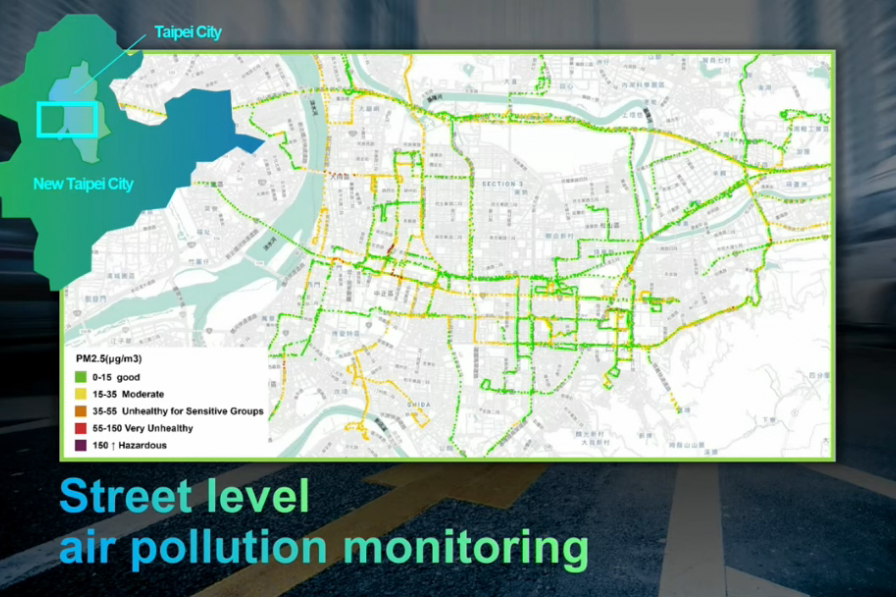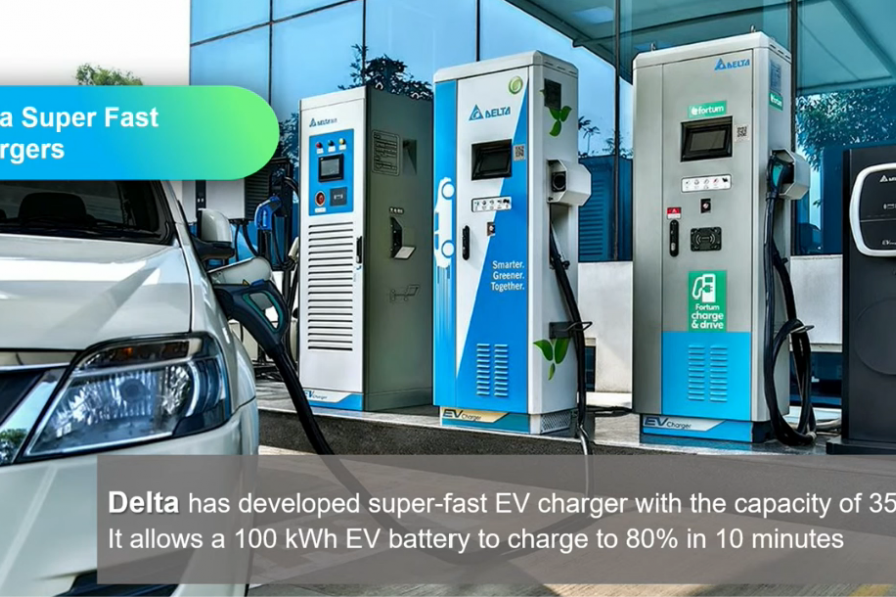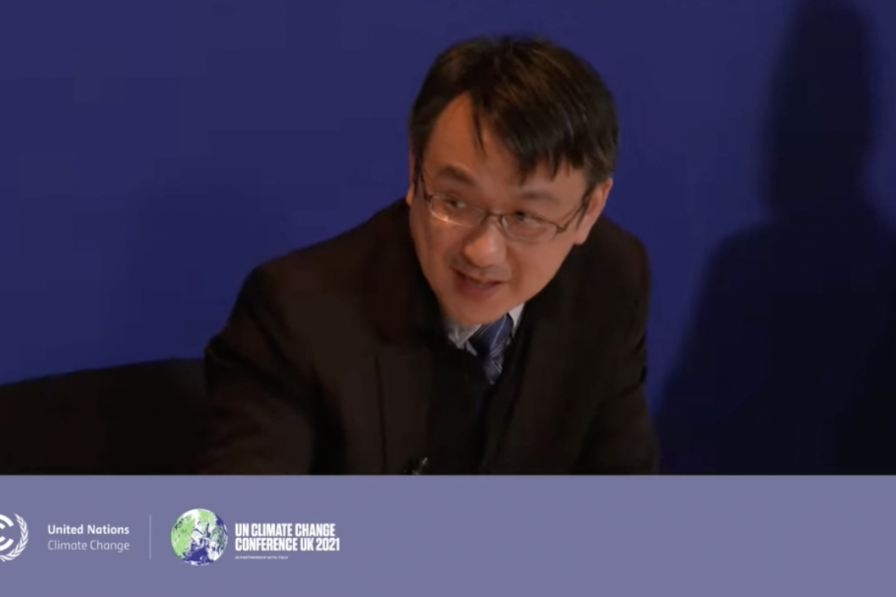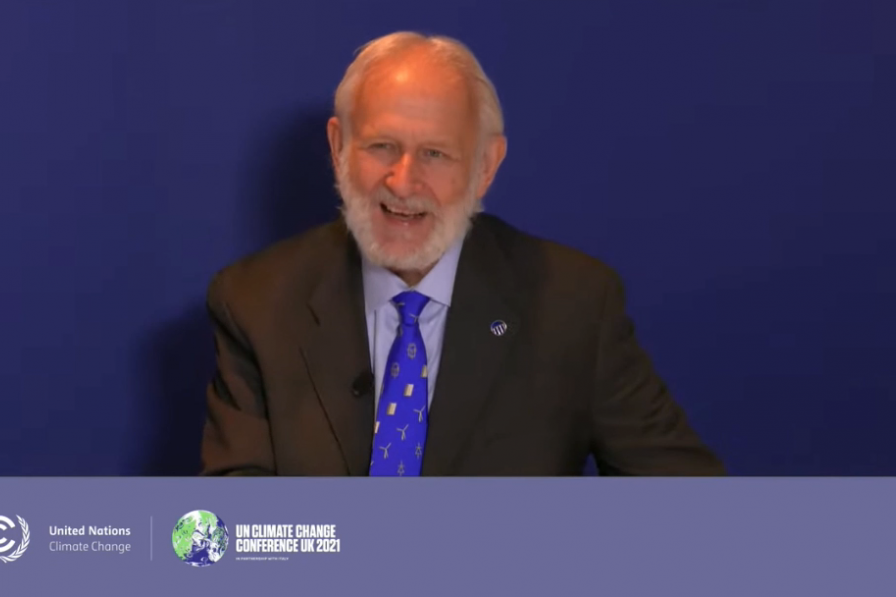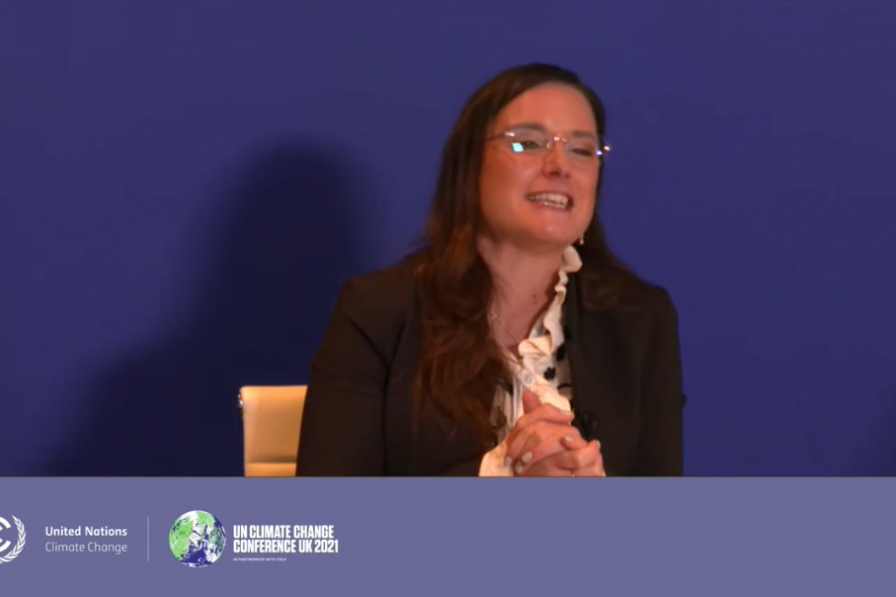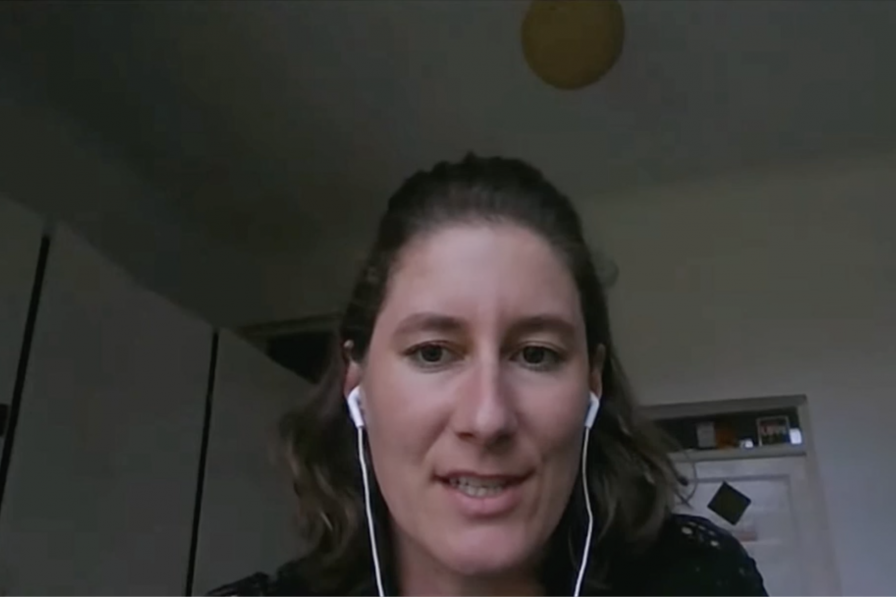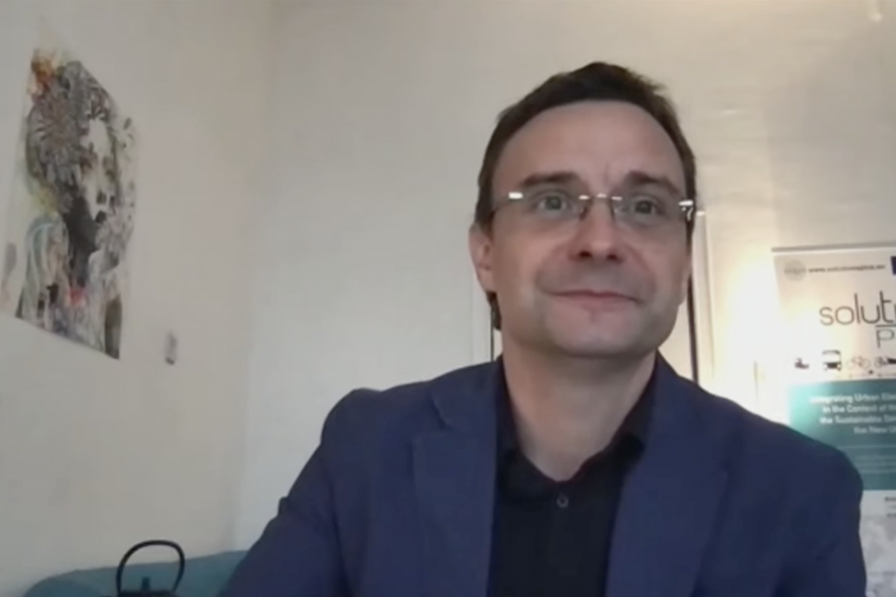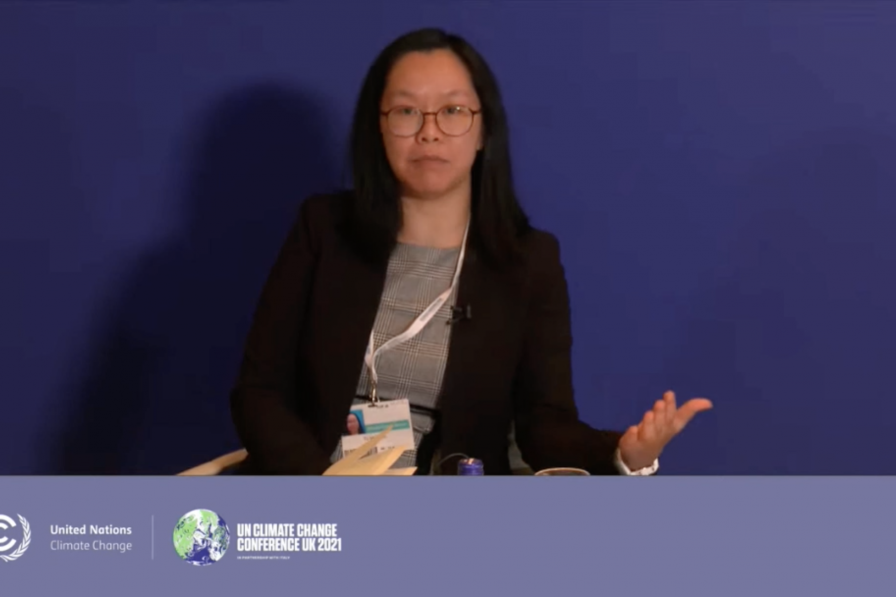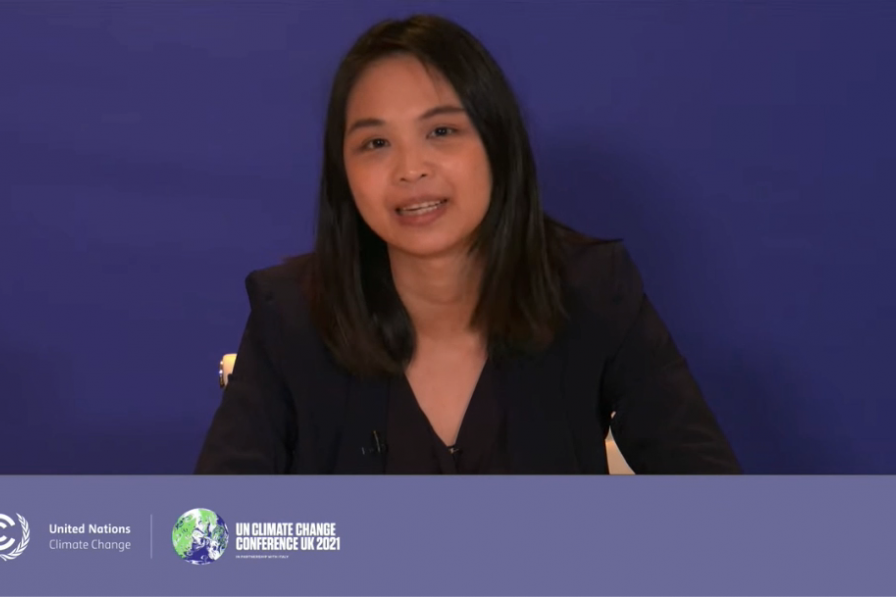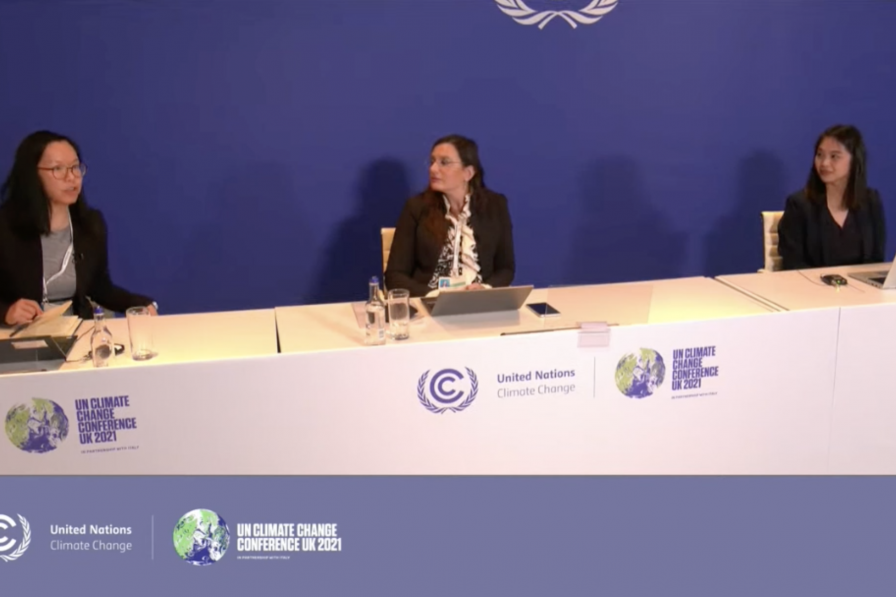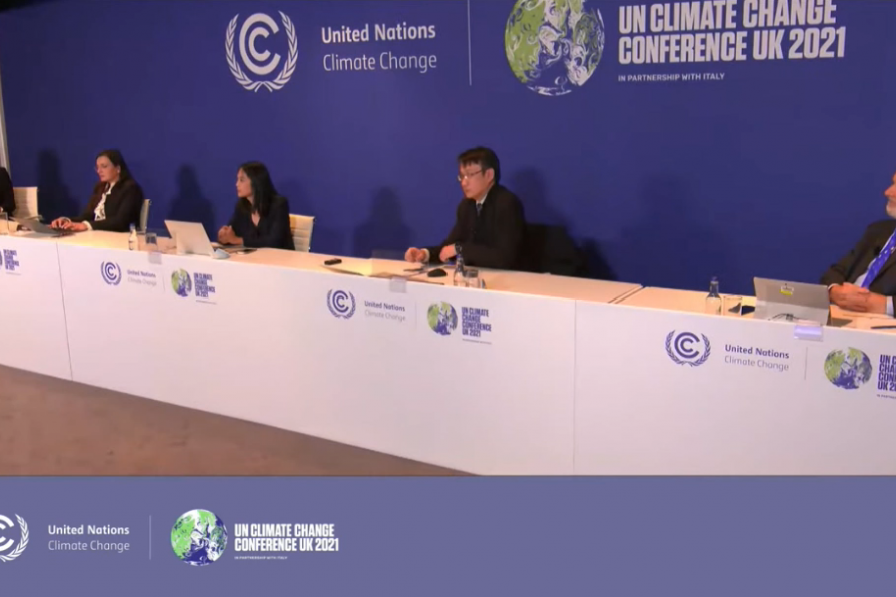The Transformative Power of Urban Living Labs
Despite continuous bad news about the impacts of climate change—including recent record-high temperatures, widespread drought, wildfires, and increasingly unpredictable floods—this event showed the positive potential of innovative local climate actions. Discussing Urban Living Labs that pilot and showcase sustainable and inclusive low carbon solutions around the world, event participants provided perspectives from global think tanks, academics, and businesses on facilitating energy access, resilience, and abundance, with examples from sustainable electric mobility and electric grid innovation. The event was organized by the Delta Electronics Foundation and the Technical University of Berlin.
Presentations
Yvonne Chan, Delta Electronics Foundation, moderated, emphasizing that decarbonizing urban transportation and energy systems is crucial.
Oliver Lah, Wuppertal Institute and Technical University of Berlin, presented on the launch of his organizations’ collaborative Urban Living Lab Centre, which works on key basic urban services. He explained that it builds on joint activities and projects being co-developed with academics and practitioners in partner cities around the world. He said the Centre demonstrates solutions that: have the potential for transformation to deliver on the Paris Agreement; are replicable in other countries; and provide new opportunities for local businesses and stakeholders. He noted that project piloting includes five pillars: informing partners about available solutions; inspiring action through peer-to-peer exchange; partnerships to “take solutions beyond the lab;” implementation of demonstration activities; and scaling up for impact.
Stefanie Holzwarth, UN-Habitat, described an Urban Living Lab Center project on Urban Pathways, which aims to generate synergies and support donor coordination at the city level to unlock the emissions reduction potential of different sectors, including urban mobility, planning, and waste management. She said it does this through, inter alia: technical assistance and policy advice on local implementation action plans and support to pilot projects. She noted Urban Pathways’ promotion of “ecozone” co-design of green neighborhoods, better data collection on solid waste, support for pilot concepts for innovative and integrative e-mobility solutions for passenger and freight transport; energy efficient tiny house piloting; and training citizen scientists in air quality monitoring.
Tu My Tran, ICLEI – Local Governments for Sustainability, described the Urban Living Lab Center’s SOLUTIONSplus project for accelerating the transition toward sustainable electrification in large cities in developing and emerging economies to achieve innovative and sustainable urban mobility in vehicles, operations, and integration. She said it leverages partnerships, innovates to create change, puts ideas into practice, and then brings all this into the real world through startup incubators.
Giorgia Rambelli, ICLEI Europe, described the Urban Living Labs Center’s Smart Energy Solutions for Africa (SESA) project to mitigate climate change and avoid locked-in situations while improving access to sustainable, affordable, and reliable energy in Africa, using a cross-sectoral, interdisciplinary, and collaborative approach. She noted Africa has the highest solar irradiation in the world, which, combined with technical and financial innovations, can leapfrog sustainable energy solutions over fossil fuel-based energy and help provide efficient energy services and create business opportunities. She said main outputs include: demonstration sites for research and implementation; validation of the findings in four other countries with different socio-economic contexts; and replication and scaling up across multiple contexts.
Wim Chang, Chief Executive Director, Delta Electronics Foundation, noted his organization’s goal to reach net-zero emissions by 2030 through its internal carbon price of USD 300 per tonne. He described Delta’s work on innovative transport and energy solutions through offering diverse components for electric vehicles (EVs). He highlighted the aim of encouraging use of EVs and incorporating smart chargers and vehicle-to-grid systems to stabilize backup power, effectively turning EV batteries into power plants, to alleviate any risk of overloading the power grid.
Dushan Boroyevich, Virginia Tech, said Virginia Tech’s Center of Power Electronics Systems researches how to provide power to computers and other devices more efficiently, but now aims to provide power to all humanity and reach the net-zero target by scaling up its innovations. He noted electronic energy routers used on individual appliances today to connect solar panels to e-wiring require DC-AC converters for connecting to the grid, saying these should be put on the grid itself to increase efficiency, convenience, and quality of life while lowering costs. He said this should be scalable to the whole world, given that the planet receives 10,000 times more sun energy than humankind’s current total primary energy consumption.
Panel Discussion
In the ensuing discussion, panelists cited challenges such as:
- lack of capacities and manpower, including for cost-benefit analysis (CBA);
- difficulty in accessing funding for smaller cities;
- unstable regulatory frameworks;
- lack of alignment between different sectors and government levels and departments; and
- the need for civil society to pressure governments to have the political will and commitment needed rather than rely on technology.
One panelist noted, though, that financing will emerge once financiers see viable solutions developed.
On ways to scale and accelerate adoption of innovative technologies and capacity building, panelists called for:
- considering mid-sized cities first because so many exist;
- establishing good partnerships to get buy-in for replicating pilot projects;
- co-creating innovations;
- incentivizing people with appropriate pricing; and
- recognizing that shifting whole systems requires government action rather than on individuals alone, as it did for building highways 100 years ago.
With respect to communicating the message, panelists recommended:
- targeting the message to different audiences’ perspectives to be persuasive;
- listening to stakeholders who feel “unheard” and to government departments not directly involved;
- focusing on all co-benefits and their impacts on quality of life, social return on investment, and the right to a clean environment, health, and pleasant surroundings;
- combining discussion of CBAs of needed climate actions with discussion on the costs of inaction;
- presenting examples of successful cases;
- benefiting poorer populations with job creation and new transportation opportunities; and
- showing people they do not have to be more “miserable” to save the planet.
Moderator Chen thanked the speakers for their diverse perspectives and closed the session.
CONTACT
Johnny Shih | JOHNNY.SHIH@deltaww.com
Yvonne Chan | YVONNE.CHAN@delta-foundation.org.tw
MORE INFORMATION
